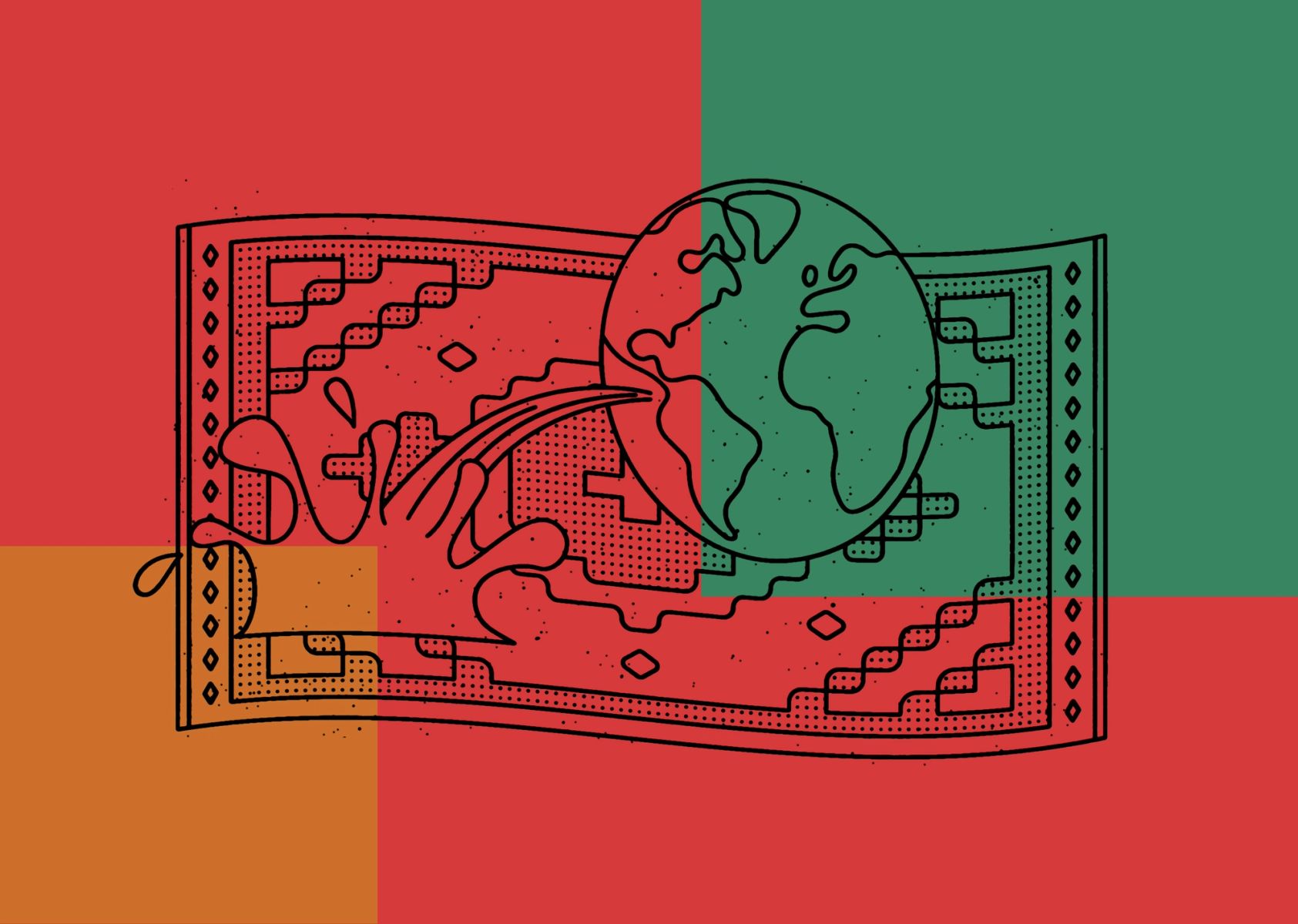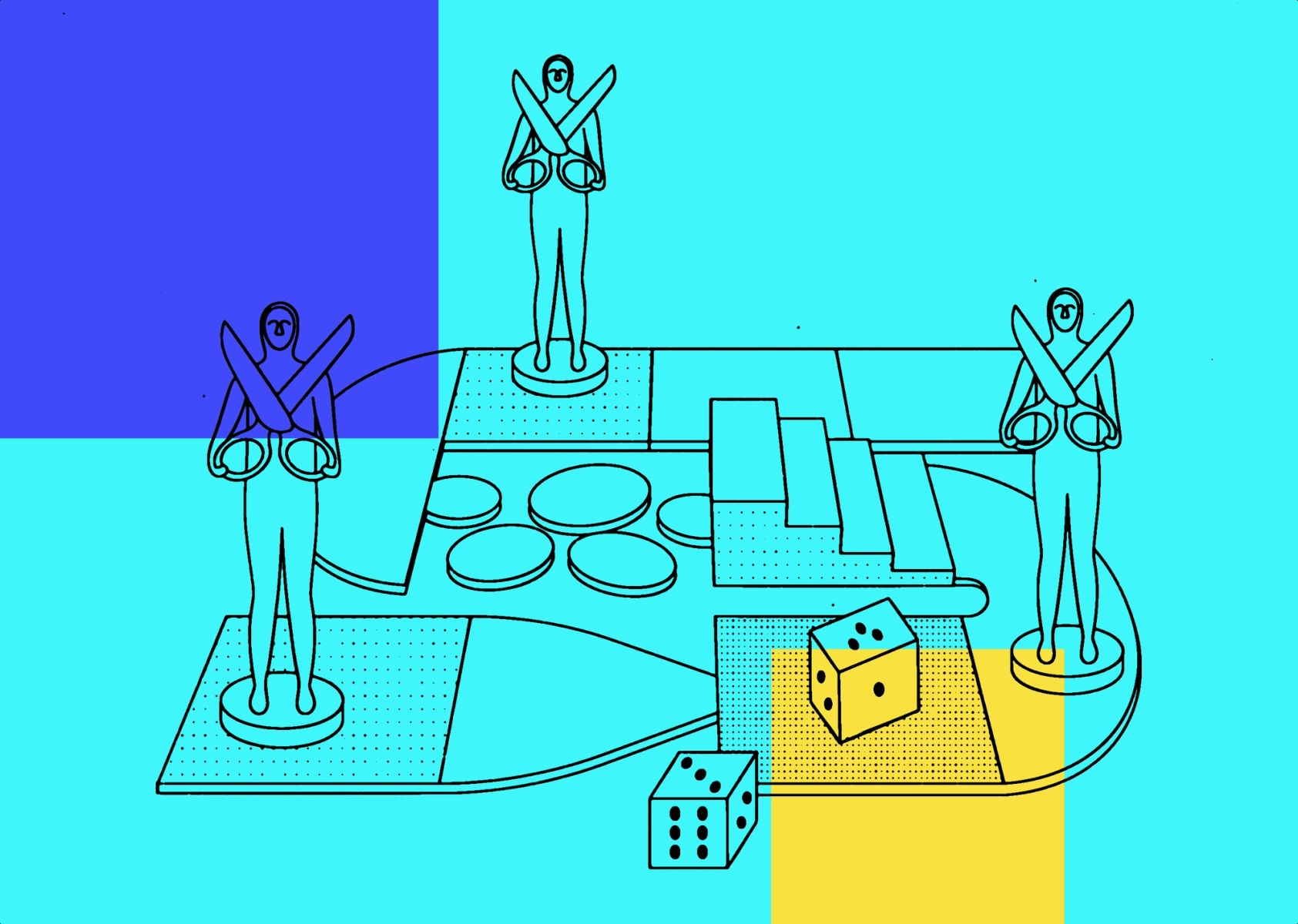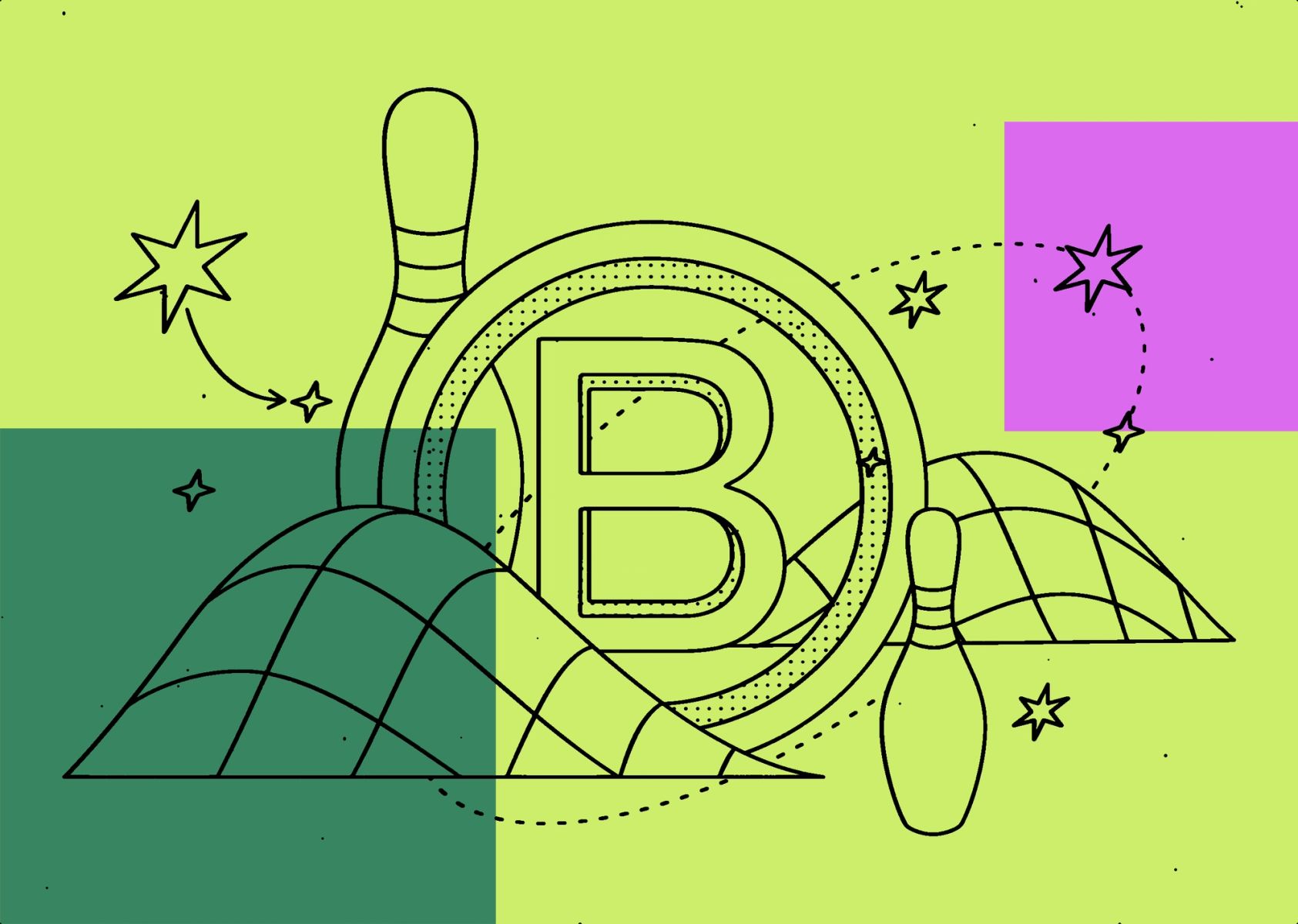Rather the slacker than the nihilist: What we can learn from The Dude on doing better
In 2022, the role of purpose and profit is increasingly muddied. We have more food banks than branches of McDonalds. Energy giants Shell were issued a court order to reduce emissions. Energy bills are given as prizes on morning television, and Coca Cola are the main sponsors of COP27.
What is the role of the creative industries, trying to make sense of the myriad levels of irony? Whilst Twitter users proclaim that “the worse the world gets, the better the memes”, how do we retain a sense of playfulness in our collective situation, without giving in to nihilism?
It would be easy for us to pretend that these issues don’t concern us. In a radically changing and sometimes scary world, we’d like to do more to create “good” growth. When we began back in 1997, an optimism in the potential of our work, our community, and sense of humour may have felt like enough.
This attitude was perhaps embodied in the Cohen brothers film The Big Lebowski, released the following year. “The dude abides” being the philosophy of the era: it was enough to weather the chaos around us, knowing that some things would be ever present. Nowadays, the Earth as we know it isn’t a given.
We have to be less passive in our roles in the world as chaos abides, whilst retaining our sense of self and we’re making sense of the frequent injustices of the new world around us. Our training wheels were set in motion when we started our B-Corp journey on the way to becoming a “better” company. We set about the work of measuring our many responsibilities: within our governance, to our workers, our environment, our customers and our community. In August we became a B Corporation.
Becoming certified isn’t going to halt the next crisis. But it has encouraged us to look immediately to the things we have control over. What we can do is help to make our workers happier. And we can use our business operations to have more of a positive impact on the world. With that in mind, these are the questions we’ll be asking ourselves for the future.

How do we resist cynicism?
We’re used to helping clients interpret the world around us. This needs to include the impacts of the climate crisis and exploitation inherent in capitalism. We’re in a world where profit is no longer fit to be the only indicator of growth.
Glib sentiments don’t help social issues, and neither does doing nothing. The B Corp certification process is complex, and hard to earn, but we don’t want to get caught drinking our own Kool Aid. We need to be honest about the things we suck at.
Something that places The Dude’s ethics more fittingly in this century, is the fight against Nihilism. Giving into climate nihilism, the belief that we can’t change anything, and corporate cynicism, that we’re all out to serve ourselves, is perhaps dangerously easy to do these days. We need to be proud of searching for deeper meaning. Showing our clients and community an authentic measure of where we’re at, rather than woke-washing, is perhaps a little scary, but necessary. Perhaps resisting cynicism inevitably involves sticking our necks out further than we’re used to, but that’s ok.
How do we make learning fun?
Probing into the very real problems at hand could seem an odious task. Like anything, our optimism will help us whilst staring into the void and confronting issues head on.
Showing authenticity rather than perfection involves knowing when to call in external consultants who know better. For example partnering with local trans, refugee and diversity initiatives. We’ll be sharing our feedback from clients, and learning from them, too. In 2022, excellence will need to be measured by both great work, and our commitment to meaningful change.
How do we maintain a workforce that is happy and diverse?
The first unionised workplaces were traditionally sites of comradery, support and personal development. We’re not a church, or a club , but we do have the resources to foster shared values, resilience and joy in our workforce. And that creates better work for our clients.
We use a weekly “vibe check” engagement tool to see how our team is feeling, and the good news is that it’s averaging at a solid 7.1 out of 10. We’re taking a common sense approach to workplace ethics. If morale is low, we use this as our sounding board not to take on additional projects. We're not quite zen masters yet. The world is a stressful place, as is work sometimes. It’s humbling, but unfortunately burn out still happens, and is becoming a daily learning opportunity for us. Sure we provide Self Space therapy sessions and frequent check-ins, but we’re still figuring this one out as a team.
Creating good vibes can also mean a fair and equitable attitude to managing time. One thing we’ve implemented is personalising when to take bank holidays, so that our team’s own cultural learnings can be respected. We’ve also encouraged flexible working hours, and the right to disconnect.
Maintaining happy workers means putting measures in place for our team to thrive, whilst also acknowledging that it’s fine not to feel ok. We hope that our offer of personal and professional training programmes will help top up our workers' everyday mental maintenance. For different stages of life, it means following the more progressive Dutch lead on paternity leave policies in our London office too, and generous annual, parental and special leave.
Financial equity is also important to us, and that starts with being transparent, and sharing some of the pie. At the very least it means paying above and beyond living wages for the most junior in our teams. It means offering access to topline figures and pay bands to our employees, on top of pay rises in line with inflation. And 10% of profits are to be redistributed to our workers each year.

What role can we play in rebalancing the creative industries?
Diversity as a word can too often become an empty sentiment. We aim to have a team made up of 50% of people from underrepresented groups by the end of 2023. We’re currently at 25%. We need to be honest about being a team who is currently, and predominantly, made up of white, cisgender, middle class and able-bodied individuals. It is these people who strongly benefit from the system we all operate in. Sadly this is also the reality of the creative industries in general, where these people are notoriously overrepresented.
Given the depth of privilege that our current team holds, we’ll focus our rebalancing efforts on supporting students, business owners or potential new team members who are members of marginalised communities
Our new hiring strategy is focused on attracting the best depth of talent, and we need diversity to achieve that, focusing on, but not limited to people of colour, queer, non binary and trans people, those living with a disability, from working class or non-Western migration backgrounds.
We’ll also be screening our suppliers to work with companies run by underrepresented people. We want to make sure this number is at least 50%. Currently it’s 33%. We’re also planning to offer internships, and to dedicate 2% of quarterly profits to creative funds which will benefit people from marginalised communities. To achieve this, we'll be partnering with pioneering organisations, campaigners and non profits who know better than us.
It's not easy being green
How do we stop sustainability becoming a dirty word? Nebulous, and ill defined as a term, wanting to be seen as green has led brands to overstate their environmentalism. "Sustainability" is something we're committed to interrogating and qualifying, not a word we're throwing around. We need to back up impact with objectivity, not terms open to interpretation.
We can tell you that we’ve achieved “carbon negativity” by offsetting all of our output with tree planting programmes, and by switching to renewable energy, that international travel under 600km is done by train. However, the future of harm reduction lies within the standards that we implement as a collective effort: an example for our community and clients to follow.

Trying for more strikes than gutterballs
We’ve realised that on our B Corp journey, we need to ask questions, rather than make statements. We’re choosing to lead with confrontation of the problems, rather than pretending to know the cures. This is because we’re evolving.
We don’t want to sell a dream or aspiration of what we want to do. At best, this leads to corner cutting to get there. At worst, it creates a culture of lying to those around us. Part of the B Corp process is enshrining our mission in our legal documents, to hold us legally accountable to making meaningful change.
We’re proud to be striving for better, and wilfully optimistic about where we’ll be in the next three years. Our consciousness leading our creativity and cultural insights will help shape our world for the better. Our rewired agency work will continue to provide insight and relevance for brands, helping them interact with the future of consumers' lives in meaningful and positive ways. And we can learn from The Dude too, to keep our cool throughout the chaos, but retain our sense of who we are. For our existing values to prevail, whilst pursuing our sense of justice.